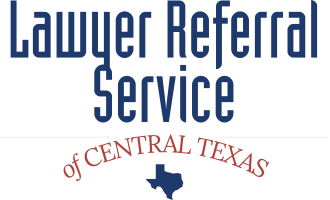In Texas divorce cases, family law courts may order the earning spouse to provide financial support, known as alimony or spousal maintenance, to their ex-spouse. This support is intended to mitigate the negative financial impact of the separation on the non-earning spouse. The amount of alimony is determined by various factors, including the length of the marriage, state laws, and the age and health of the spouse seeking support. If an ex-spouse fails to pay the ordered spousal maintenance, it can lead to financial difficulties for the other party, who may then need to consult a divorce attorney.
There are several legal remedies available for the affected spouse in such cases, four of which are discussed below.
Filing a Contempt Case
Texas law allows the ex-spouse entitled to alimony to file a contempt case, also known as a “motion for enforcement,” against the non-compliant ex-spouse. If the court finds that the payor is intentionally withholding payments, it will enforce the original divorce decree and order the payor to pay the outstanding amounts, along with any associated court costs.
Requesting a Wage Garnishment Order
The receiving ex-spouse can petition the family court for a wage garnishment order against the payor. This order directs the payor’s employer to deduct the alimony amount from the payor’s salary and send it directly to the beneficiary. If the payor is self-employed, the court may require them to establish a trust account that the affected ex-spouse can access.
Related Post: Ways Your Lawyer Can Help You with Your Divorce
Placing a Lien on the Payor’s Assets
If the payor ex-spouse fails to pay alimony, the affected ex-partner may request the court to allow them to place a lien on the payor’s assets, such as property or a retirement account, until the outstanding amount is paid. If the lien is placed on the payor’s home, the beneficiary may collect the owed amount when the property is sold. Similarly, a lien on a retirement account can enable the affected spouse to receive the funds when the payor retires, quits, or is terminated from their job.
Requesting a Judgment
If a substantial amount of alimony is owed, the ex-spouse may request the court to issue a money judgment, directing the payor to pay the total amount due, plus interest. The court may also require the payor to cover the attorney fees incurred by the ex-spouse in their efforts to recover the alimony.
Claim Your Right to Spousal Support
Spousal support is a legal right provided to a qualifying ex-spouse who cannot financially support themselves or their child. Ensuring that these rights are upheld is essential for financial stability post-divorce.
Contact the Lawyer Referral Service of Central Texas today for help finding a qualified lawyer who is right for you.
Since 1966, we have helped hundreds of thousands of Austin and Central Texas residents and businesses find the right lawyer to work tirelessly on their behalf and get the results they deserve.
Get an instant referral online, 24/7 or call the Lawyer Referral Service during regular business hours (8:00 AM to 4:30 PM) at (512) 472-8303 or toll-free at 866-303-8303. We want to help.




